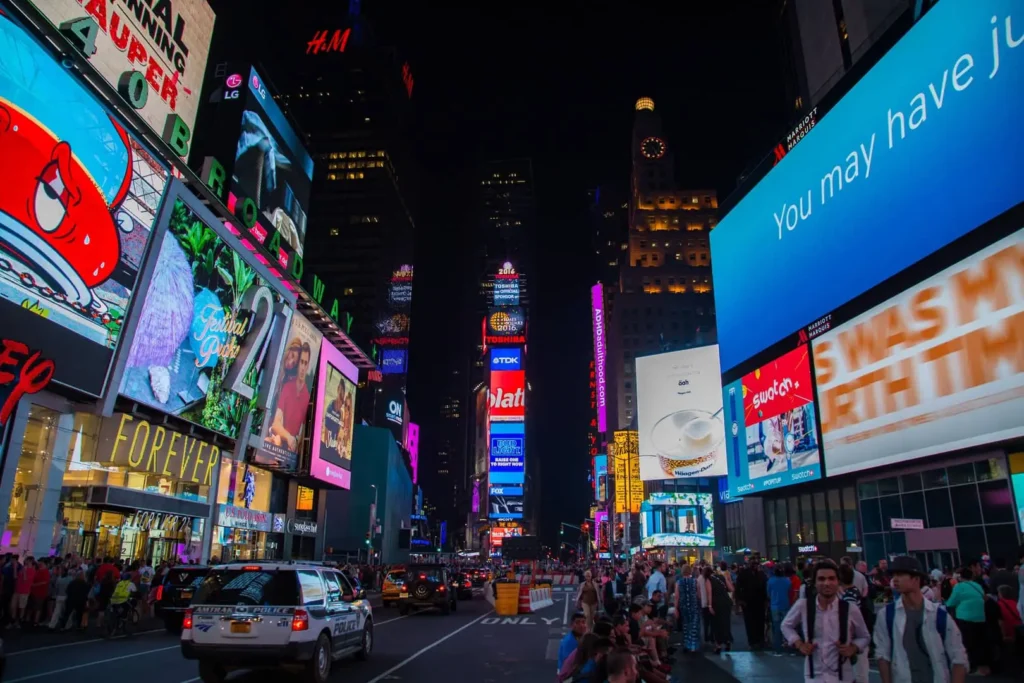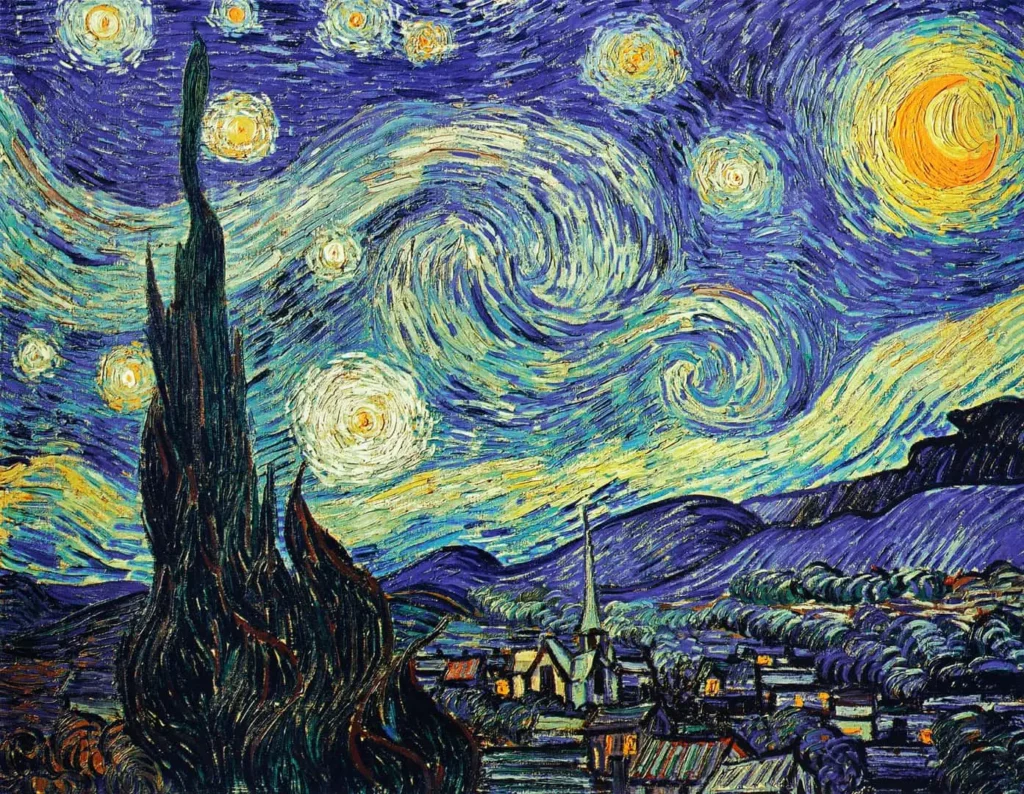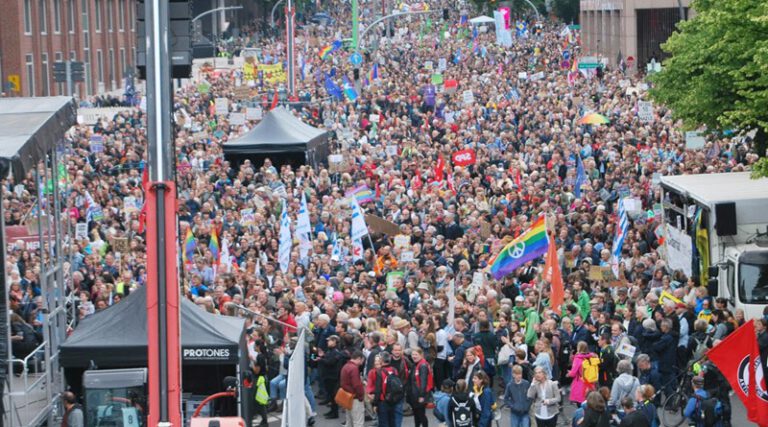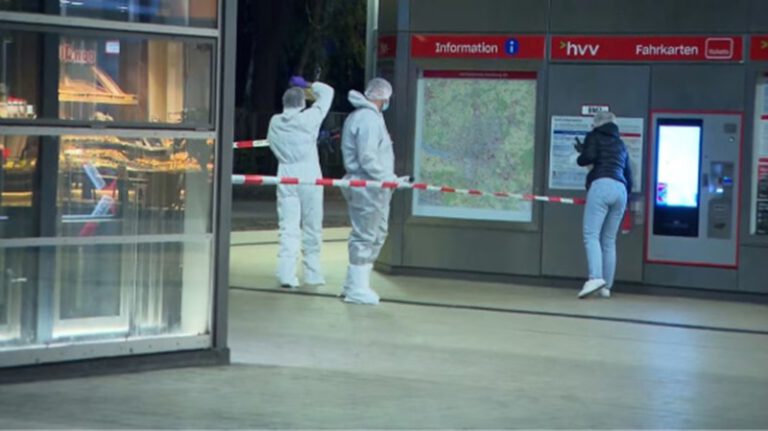The 21st century has brought significant changes to global politics, driven by shifting power structures, technological advancements, and evolving social and economic conditions. This article examines the major trends and challenges shaping contemporary politics.
Populism’s Surge
Populism has become a defining feature of modern politics. Populist leaders, often marked by their anti-establishment rhetoric and appeal to the “common people,” have gained substantial support worldwide. From Donald Trump’s election in the U.S. to the rise of far-right parties in Europe, populism has disrupted traditional political systems and institutions.
This trend thrives in contexts where economic inequality, immigration, and cultural shifts cause anxiety. Populist leaders promise to restore national sovereignty, protect jobs, and resist global agendas, appealing to those who feel marginalized by globalization and technological change.
The Role of Technology
Technology plays a dual role in politics today. On the one hand, it has democratized information, providing citizens with unprecedented access to news and political discussions. Social media platforms have become essential tools for political engagement, allowing leaders and movements to reach the public directly.
However, technology has also introduced challenges like misinformation, echo chambers, and cyber interference in elections. The spread of fake news and the manipulation of algorithms have eroded trust in media and institutions, fueling political polarization. Additionally, cyberattacks and digital espionage have become tools of statecraft, with countries like Russia and China accused of meddling in other nations’ electoral processes.






Geopolitical Shifts
Global power dynamics have shifted significantly in the 21st century. The unipolar moment of American dominance post-Cold War is being replaced by a more multipolar world. China, with its rapid economic growth and assertive foreign policy, challenges the U.S. for global leadership. Meanwhile, Russia has reemerged as a key player in international affairs, particularly in Eastern Europe and the Middle East.
These shifts have led to increased global tensions, evidenced by U.S.-China trade wars, the conflict in Ukraine, and competition for influence in the Indo-Pacific region. Multilateral institutions like the United Nations and NATO face challenges in remaining relevant and effective in this complex environment.
Conclusion
The politics of the 21st century are marked by complexity and uncertainty. Populism, technology, geopolitical shifts, and the crisis of democracy all play crucial roles. Navigating these challenges requires dialogue, the upholding of democratic values, and innovative solutions to secure a stable future.















